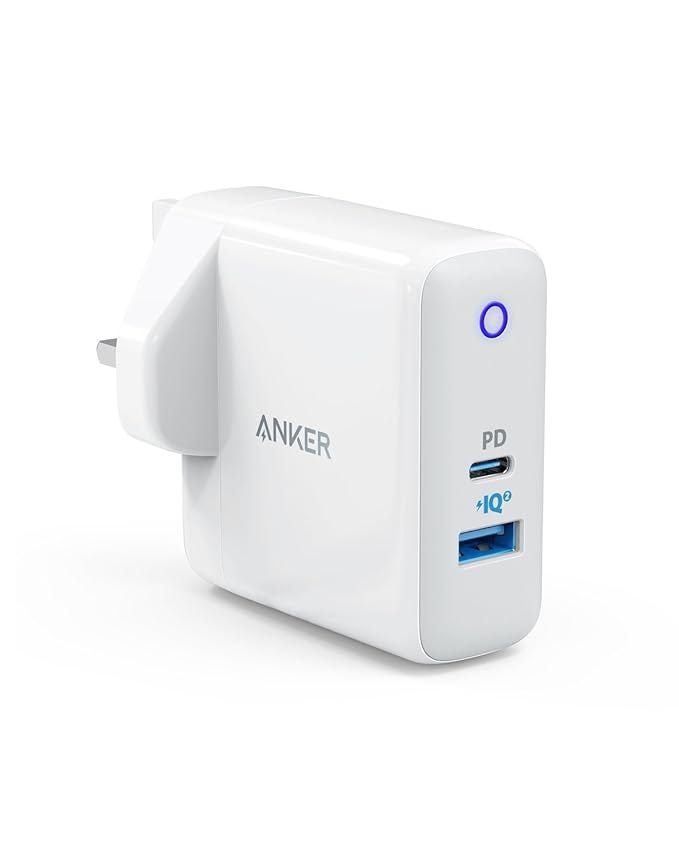The Impact of AI on Smartphone Battery Efficiency and Foldable Phones: A Comprehensive Guide for Early Adopters
Intelligence (AI) has emerged as a transformative technology across various industries, especially in the smartphone sector.
For early adopters, the integration of AI into smartphones has brought not only advanced features but also significant improvements in battery efficiency and foldable phone technology.
In this guide, we explore the impact of AI on smartphone battery efficiency and foldable phones, offering a detailed look at how AI shapes user experiences, particularly for those seeking cutting-edge technology.
AI and Smartphone Battery Efficiency
One of the most practical uses of AI in smartphones is improving battery efficiency.
Modern smartphones are power-hungry due to their advanced processors, high-resolution screens, and constant background activity.
AI helps manage these components by predicting usage patterns and optimizing battery consumption.
The Role of Machine Learning
Machine learning (ML), a subset of AI, plays a crucial role in managing battery life.
By analyzing user behavior, ML algorithms can predict when a user is likely to engage in battery-draining activities, such as gaming or streaming.
The phone can then adjust power distribution, ensuring that critical functions are preserved while conserving energy in non-essential areas.
AI-Driven Battery Health Monitoring
AI’s capability to monitor battery health extends the lifespan of a smartphone’s battery.
Through constant analysis of charging habits, usage patterns, and battery temperature, AI algorithms help in maintaining optimal battery conditions.
For instance, AI can detect when a user is charging their phone overnight and will reduce the power input once the battery reaches a full charge, preventing overcharging.
AI and Power-Intensive Applications
Power-hungry applications such as augmented reality (AR), virtual reality (VR), and high-resolution games can quickly deplete a phone’s battery.
AI intervenes by managing the resources allocated to these apps.
It ensures that only the necessary components are activated, such as reducing display brightness or closing unnecessary background processes during gameplay.
Adaptive Charging with AI
Another exciting development is AI’s role in adaptive charging. Rather than simply providing a fast charge, AI systems in modern smartphones learn from user behavior to adjust charging speed and timing.
For example, AI algorithms can slow down the charging process when the battery is already near full, preventing excessive heat buildup and preserving the battery’s long-term health.
AI’s Role in Foldable Phones
Foldable phones, with their dual screens and advanced mechanics, present a unique challenge for battery management.
AI enables these devices to transition smoothly between folded and unfolded modes by managing battery consumption more efficiently.
For instance, when a phone is folded, AI automatically deactivates portions of the screen, saving battery life.
Enhancing Durability in Foldable Phones
AI contributes to the durability of foldable devices by predicting the stress points along the fold.
By analyzing the frequency and angle of folds, AI can alert users when the device is at risk of material wear, extending the lifespan of the foldable components.
Check out for AI-enhanced smart accessories: https://amzn.to/3Y3YRKX?tag=thanuaffiliat-21
AI-Powered Display Management
Display management in foldable phones is particularly challenging, but AI makes it easier.
By adjusting screen brightness, refresh rates, and other display settings based on user behavior, AI ensures that the foldable screen uses energy efficiently.
This feature is crucial for maintaining battery life while providing a seamless display experience.
AI and User Interface Adaptability
Foldable phones offer a dynamic user interface that changes depending on whether the device is folded or unfolded.
AI enhances this adaptability by customizing the interface according to user preferences.
For instance, AI can detect how a user typically interacts with the phone when it’s folded and adjust the interface layout to provide easier access to frequently used apps.
Smart home devices with AI: https://amzn.to/3NkyuLJ?tag=thanuaffiliat-21
AI’s Impact on Battery Life of Foldable Devices
The foldable phone’s unique design can strain battery life, but AI helps optimize it by managing power distribution across the dual screens.
This ensures that even when both screens are in use, energy is consumed efficiently.
AI also balances power between the internal hardware and display components, minimizing unnecessary battery drain.

check out AI driven smart charger: https://amzn.to/47Yw7rz?tag=thanuaffiliat-21
The Future of AI and Smartphone Batteries
AI-driven battery technology is constantly evolving. In the future, we can expect even more intelligent systems that predict and adjust to user needs in real time.
Advances such as self-repairing batteries, AI-driven solar charging, and wireless energy transfer could become a reality, making smartphones more sustainable and efficient.
Challenges and Limitations
Despite the advancements AI offers in battery efficiency, there are limitations. Current AI technologies can only optimize power management to a certain extent.
Moreover, AI algorithms rely heavily on data from users, which raises concerns about privacy and data security.
Additionally, the complexity of foldable phones adds layers of challenges that AI is still learning to navigate fully.
AI’s Role in Software Updates for Energy Optimization
AI isn’t just improving battery life through hardware; it also plays a significant role in optimizing energy efficiency through software updates.
Smartphone manufacturers are increasingly using AI to push updates that refine how power is distributed across apps, screens, and hardware components, ensuring that every software update improves battery performance without compromising on functionality.
Conclusion
The impact of AI on smartphone battery efficiency and foldable phones is undeniable.
For early adopters, this technology promises longer battery life, more intelligent power management, and enhanced user experiences, particularly in foldable devices.
As AI continues to evolve, so too will its potential to make smartphones more efficient, user-friendly, and long-lasting.

Comments
Post a Comment